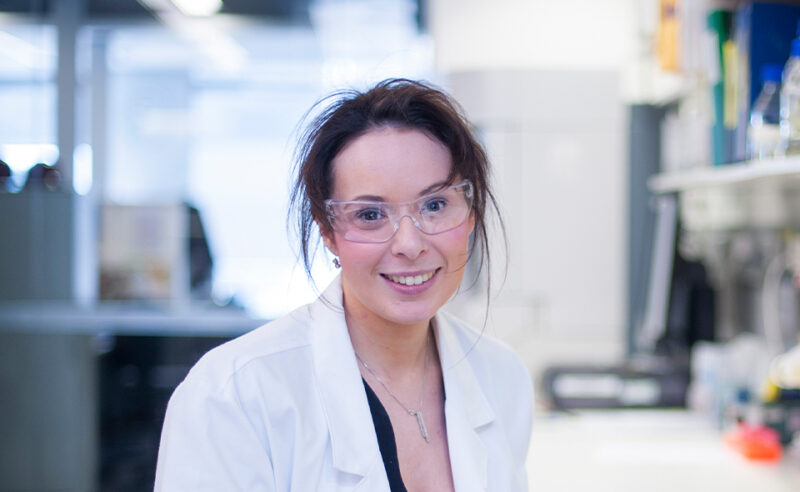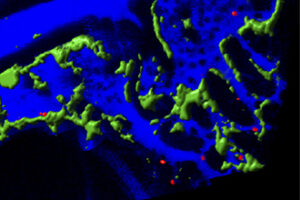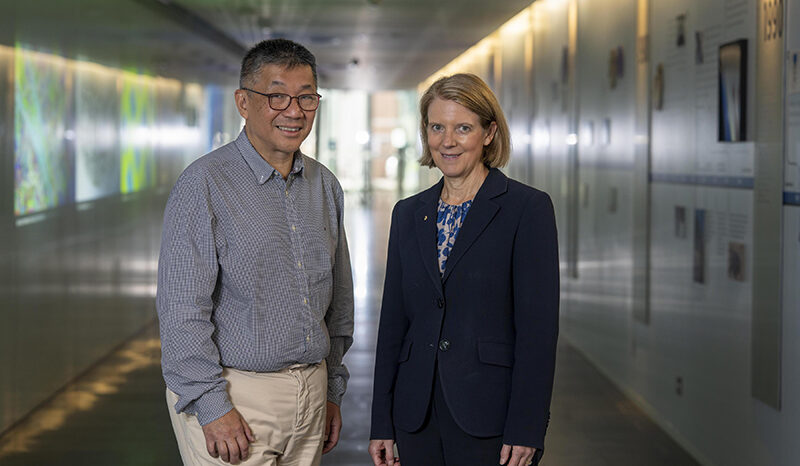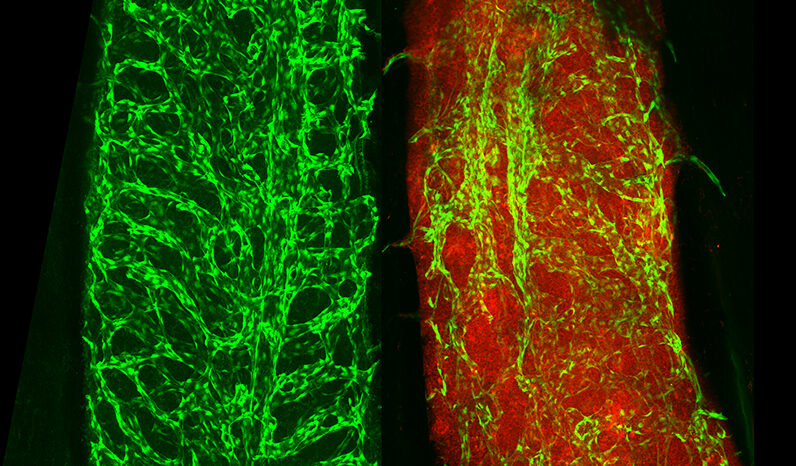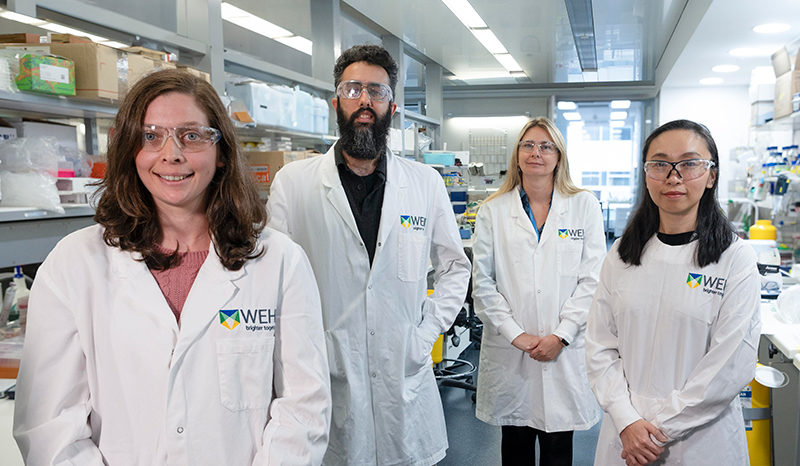WEHI’s research into blood cancer spans from investigating the molecules that drive blood cancers through to drug development and testing, and involvement in clinical trials.
We particularly focus on:
- Defining the genetic and molecular changes that cause blood cancers
- Uncovering how blood cancers become resistant to treatment
- Discovering molecular targets in blood cancers
- Developing and testing new drugs to treat blood cancers
- Undertaking pre-clinical and clinical studies of new therapies for blood cancer.
WEHI’s blood cancer research spans more than 60 years and has underpinned the development of new medicines that have improved treatment for millions of patients.


